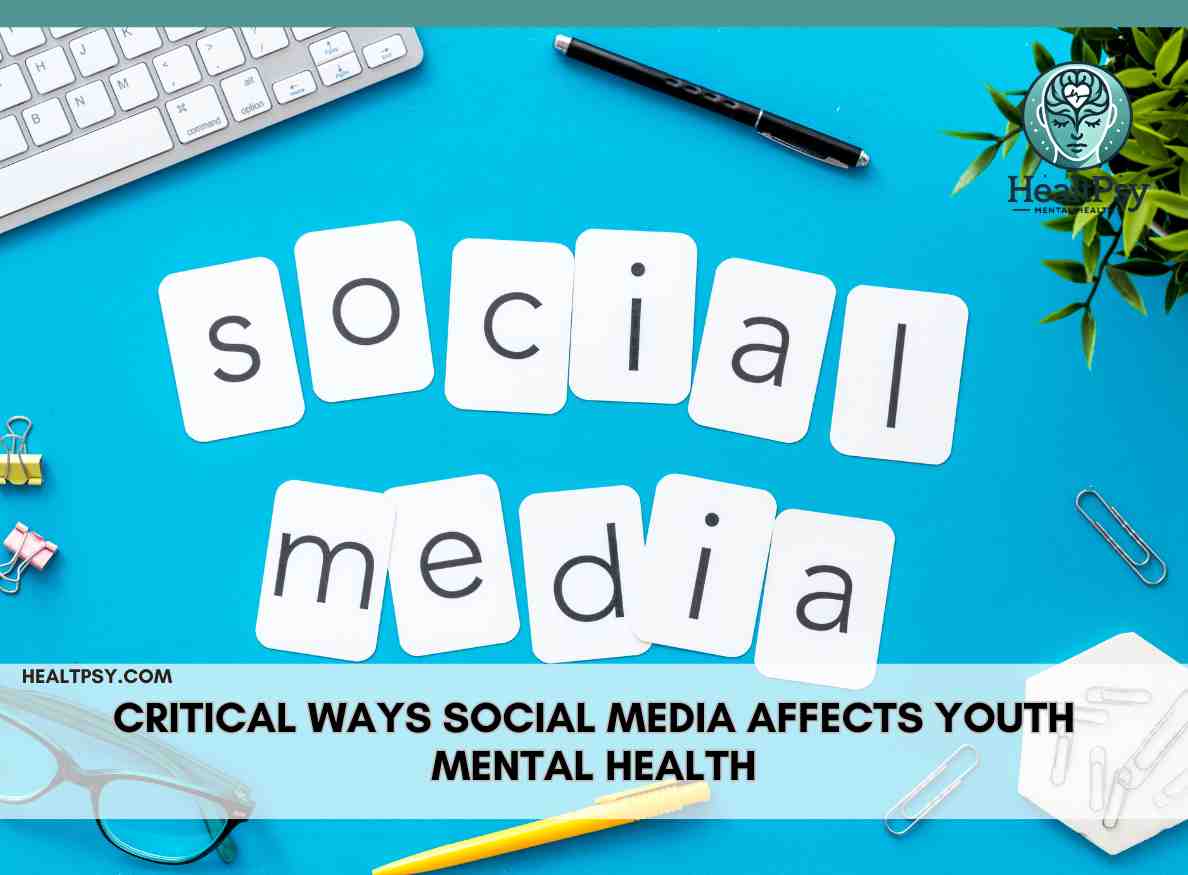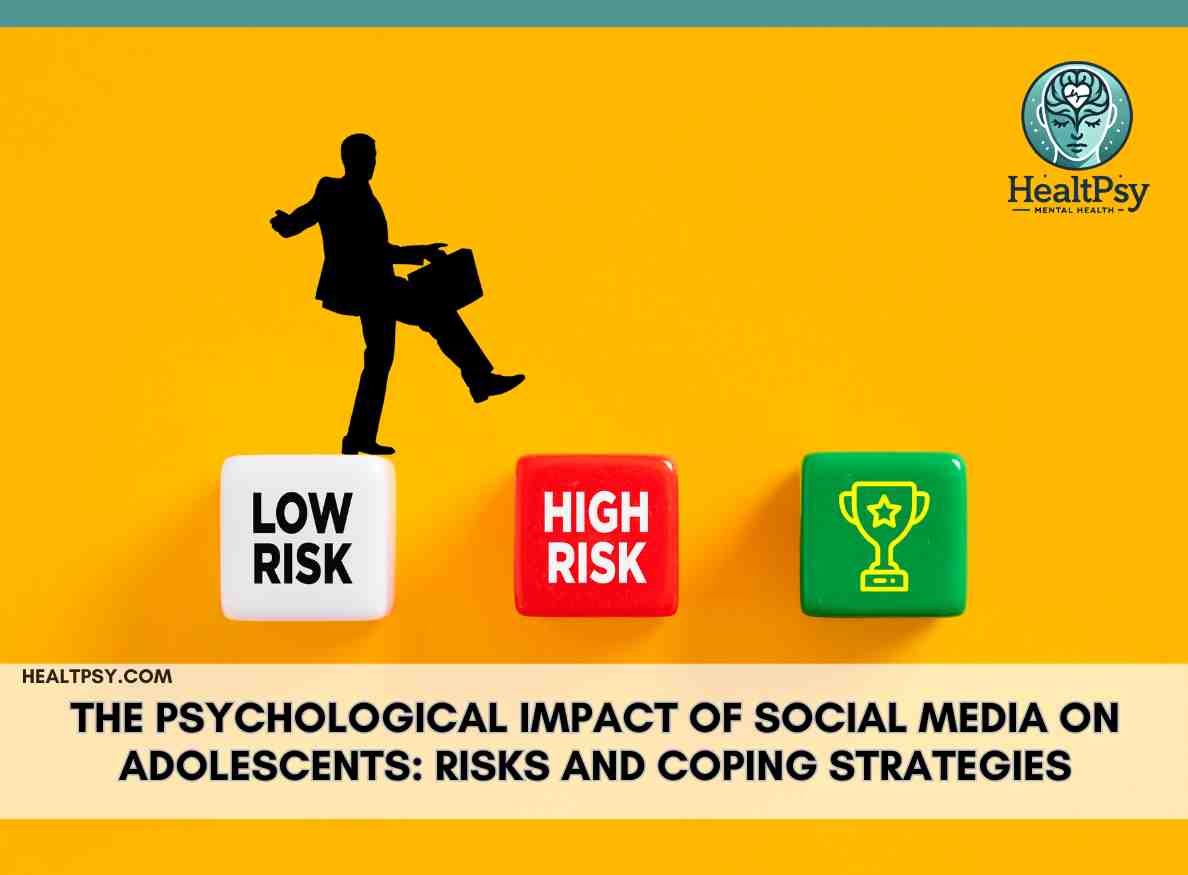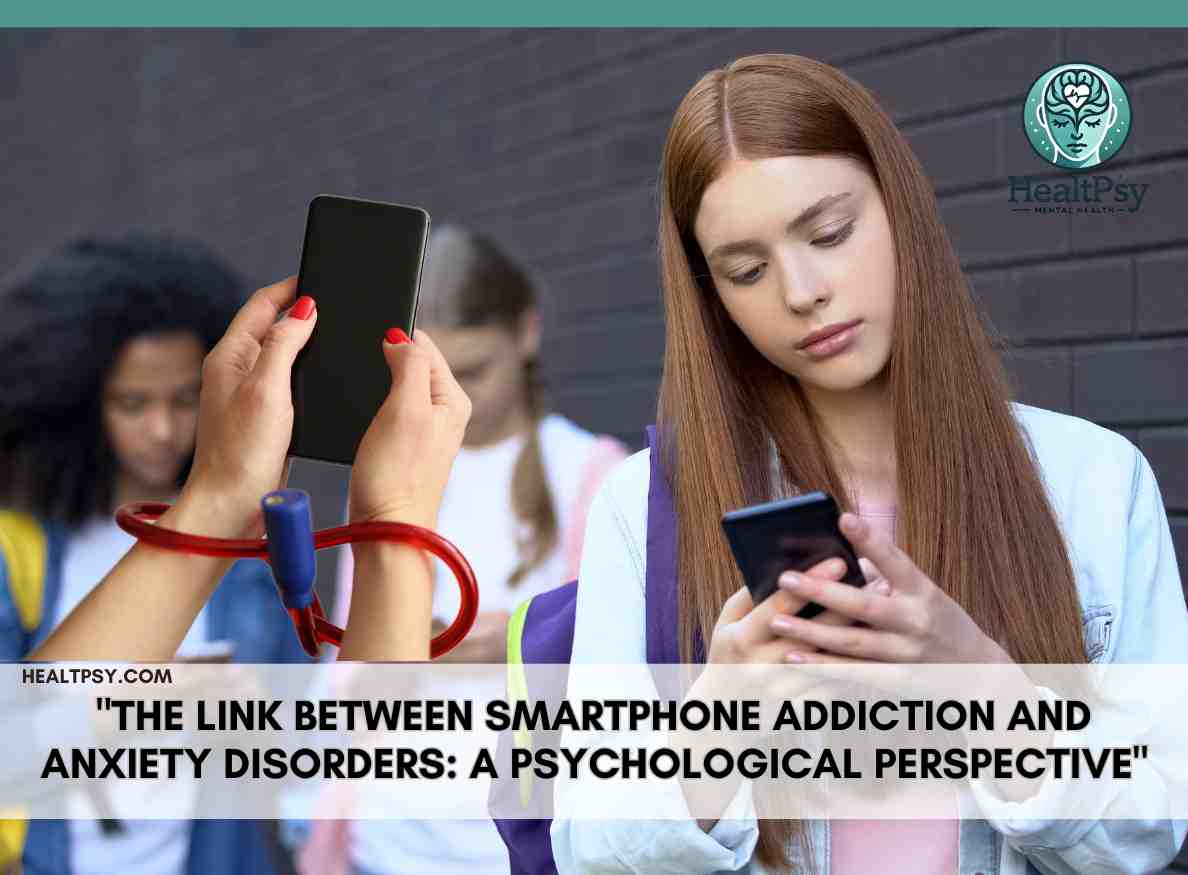7 Devastating Effects of Cyberbullying on Mental Health – Prevention & Intervention
Discover how effects of cyberbullying impacts mental health, increases anxiety and depression, and explore prevention and intervention strategies to combat online harassment
Introduction
With the rise of digital communication, Effects of Cyberbullying have become critical concerns affecting individuals of all ages, particularly adolescents. Unlike traditional bullying, cyberbullying can occur 24/7, making it relentless and difficult to escape. Studies by the American Psychological Association (APA) and the World Health Organization (WHO) reveal that cyberbullying has long-term effects on mental health, increasing the risk of anxiety, depression, and even suicidal ideation. This article explores the psychological consequences of cyberbullying and evidence-based strategies for prevention and intervention.
For more research on Effects of Cyberbullying, visit the American Psychological Association (DoFollow).
The Psychological Consequences of Cyberbullying
Cyberbullying takes various forms, including harassment, spreading false information, doxxing, and social exclusion. Its long-term impact on mental health is profound and can lead to severe emotional distress.
1. Increased Anxiety and Depression
Studies from Harvard Medical School indicate that victims of cyberbullying are more likely to experience chronic anxiety and depressive symptoms. Contributing factors include:
- Constant exposure to harmful content, leading to feelings of worthlessness.
- Social isolation, as victims may withdraw from online and offline interactions.
- Hypervigilance and fear, making it difficult to trust others.
For further reading, visit Harvard Medical School (DoFollow).
2. Reduced Self-Esteem and Emotional Resilience
Victims of Effects of Cyberbullying often develop negative self-perceptions and struggle with:
- A decline in self-worth, as persistent negative comments affect confidence.
- Increased self-doubt and social anxiety, leading to avoidance of social situations.
- Higher rates of self-harm and risky behaviors, especially among adolescents.
3. Academic and Occupational Impacts
Cyberbullying extends beyond emotional distress; it also affects academic and professional performance:
- Victims report lower academic achievement due to lack of concentration and motivation.
- Workplace cyberbullying leads to decreased productivity and emotional burnout.
- Increased dropout rates in severe cases among students.
For workplace bullying research, check out the International Labour Organization (DoFollow).
4. Suicidal Ideation and Long-Term Psychological Trauma
A meta-analysis published in JAMA Psychiatry found that prolonged exposure to cyberbullying significantly increases suicidal ideation and self-harm tendencies. The long-term effects can include:
- Post-Traumatic Stress Disorder (PTSD).
- Persistent social withdrawal and fear of online interactions.
- Emotional numbness and detachment from relationships.
For suicide prevention resources, visit the National Suicide Prevention Lifeline (DoFollow).
Prevention Strategies: How to Combat Cyberbullying
While Effects of Cyberbullying continue to grow, proactive prevention strategies can reduce its occurrence and impact.
1. Digital Literacy and Cyber-Ethics Education
- Teach responsible online behavior through school curricula.
- Encourage critical thinking about online interactions and digital footprints.
- Promote empathy and kindness to foster a more inclusive online environment.
2. Parental and Guardian Involvement
Parents play a crucial role in cyberbullying prevention by:
- Monitoring online activity without excessive control.
- Creating open communication channels so children feel safe reporting bullying.
- Setting screen time boundaries to limit excessive digital exposure.
For parental guidance, visit Common Sense Media (DoFollow).
3. Strengthening Legal Frameworks and Reporting Mechanisms
- Implement stricter anti-cyberbullying policies at educational and workplace levels.
- Encourage social media platforms to enforce stricter moderation policies.
- Educate users about anonymous reporting features on major digital platforms.
Intervention Strategies: Supporting Cyberbullying Victims
For those who experience cyberbullying, effective intervention strategies can mitigate psychological harm and foster recovery.
1. Psychological Counseling and Support Groups
- Cognitive Behavioral Therapy (CBT) is effective in treating cyberbullying-related anxiety.
- Group therapy provides victims with a support network to share experiences.
- Mindfulness techniques help manage emotional distress and reduce negative thought patterns.
For therapy resources, visit Psychology Today (DoFollow).
2. Encouraging Digital Detox and Self-Care Practices
- Taking regular breaks from social media reduces stress levels.
- Engaging in hobbies and real-world interactions strengthens emotional resilience.
- Practicing self-compassion and positive affirmations restores self-worth.
For digital detox strategies, visit the Center for Humane Technology (DoFollow).
3. Community and School-Based Anti-Bullying Programs
- Schools should implement peer mentoring systems to help victims feel supported.
- Workplaces should create anti-bullying policies to protect employees.
- Community awareness programs should highlight the effects of cyberbullying to promote prevention.
For educational initiatives, explore the National Bullying Prevention Center (DoFollow).
The Role of Tech Companies in Cyberbullying Prevention
Social media and tech companies must take accountability by:
- Implementing AI-driven moderation to detect and remove harmful content.
- Providing stronger privacy settings to limit contact from unknown users.
- Developing in-app mental health resources for cyberbullying victims.
For corporate social responsibility guidelines, visit the Internet Governance Forum (IGF) (DoFollow).
Conclusion
Effects of Cyberbullying are deeply connected to long-term psychological well-being, leading to self-esteem issues, emotional resilience struggles, and social withdrawal. By implementing preventative measures, strengthening intervention strategies, and holding tech companies accountable, we can reduce the prevalence and impact of digital harassment. A collective effort between parents, educators, policymakers, and mental health professionals is essential to creating a safer and more inclusive digital world.
For further mental health resources, check out our article on Psychological Support and Therapy.
Effects of Cyberbullying, Effects of Cyberbullying,
you might also like





